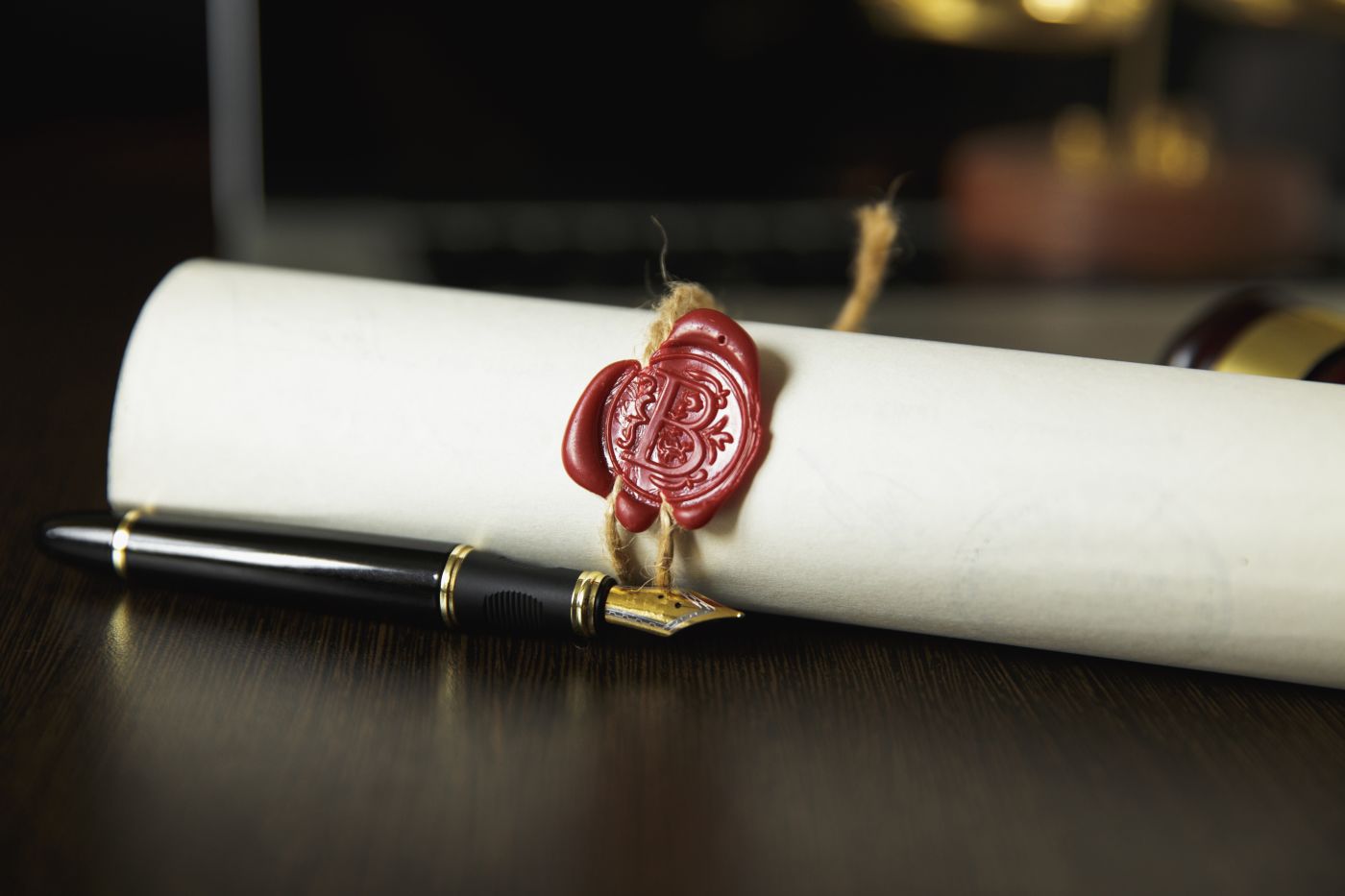Trusts in South Carolina can protect your heirs from creditors and taxes. Even a beneficiary’s divorce won’t reach the assets that legally belong to the right trust. Trusts are binding agreements that shelter assets in hopes of transferring them at a later date. Trusts make up of three individuals but contain the assets of one person. When those assets are ready to be transferred to someone, that person’s taxes, debts and even divorce might come to mind.
The trustor, trustee and beneficiary
In common trusts, the three people involved have separate roles. The trustor, who might be named the beneficiary, is the person who initiates the trust. This person decides on how the trust will operate. The trustee is responsible for managing the trust based on the guidelines of their trustor. The beneficiary is the person who receives the assets of the trust and who must turn to the trustee to obtain those assets.
The beneficiary’s finances
Trusts are helpful because they shelter assets before the assets get transferred. Trusts have clauses in place that manage how assets get used. A trustee can be an institution that has the power to grant or deny your beneficiary’s withdrawals. The personal finances of the beneficiary you chose might even be in dire straits. To ensure that beneficiaries inherit a trust without claims or debts, estate owners use discretionary lifetime trusts. These trusts are resilient to creditors.
Trusts in South Carolina
A discretionary lifetime trust goes to a beneficiary without them coming into ownership of it. As it leaves the trustor, its ownership is defaulted to the trust. This requires clear language regarding how a trustee must then manage the trust’s assets. As long as beneficiaries receive funds via a trustee, the assets belonging to the trust remain private.



